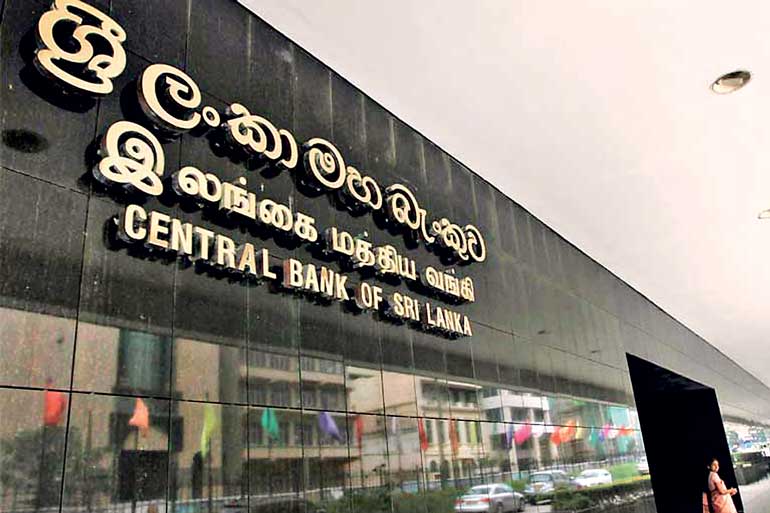Thursday Feb 19, 2026
Thursday Feb 19, 2026
Tuesday, 12 April 2022 04:09 - - {{hitsCtrl.values.hits}}

Sri Lanka is at the moment in a ‘real crisis’ situation. There is a need for all stakeholders to understand this situation and have a ‘contingency plan’. The country has failed in many ways in managing the economy for the last few decades and the time has come to make some serious decisions. In this context, there is a need to revisit the role played by the main institutes in Sri Lanka. 
There should be drastic changes in the governance of many of those. Newly-appointed Governor of the Central Bank of Sri Lanka (CBSL), Dr. P. Nandalal Weerasinghe had made a clear statement that “Sri Lanka is now in damage control mode.” And also he stressed the ‘Independent CBSL’ by explaining, “I will take steps to make the CBSL an independent organisation sans any outside pressure. I have also have got many assurances that all parties will support me.”
I think it is imperative to have an independent CBSL and we need to consider this as a matter of priority in this worst downturn since independence in 1948. According to Klomp and Haan (2010), “During the last two decades, many countries granted their monetary authorities greater independence. It is widely believed that central banks otherwise will give in to pressure from politicians who may be motivated by short-run electoral considerations or may value short-run economic expansions highly while discounting the longer-run inflationary consequences of expansionary policies (Walsh, 2005).” I believe this is really valid in Sri Lanka and authorities should take certain decisions on this for the betterment of the country.
As per Cukierman (2008), “International Monetary Fund (IMF) embraced the view that a high level of independence is a desirable institutional feature and actively promoted CB reform in many developing economies through conditionality and other means.” The time has come for Sri Lanka to think and act differently for the betterment of the nation. There is a need to get the service from professionals and people with the ‘expertise.’ More importantly Göhlmann and Vaubel (2007) demonstrate that “monetary policy committees dominated by former central bank staff produce considerably lower inflation than those dominated by former politicians and union leaders.” (Source: Ennser‐Jedenastik, L., 2014; Party politics and the survival of central bank governors. European Journal of Political Research, 53(3), pp.500-519.). This is applicable to all other institutions as well. The accountability factor of CB (or any other institutions) also need to be considered in this scenario as well.
It is important that all stakeholders including professionals bring Sri Lanka back from this worst financial crisis since independence. The political mileage gain should be ignored and they should think about the betterment of future generations.